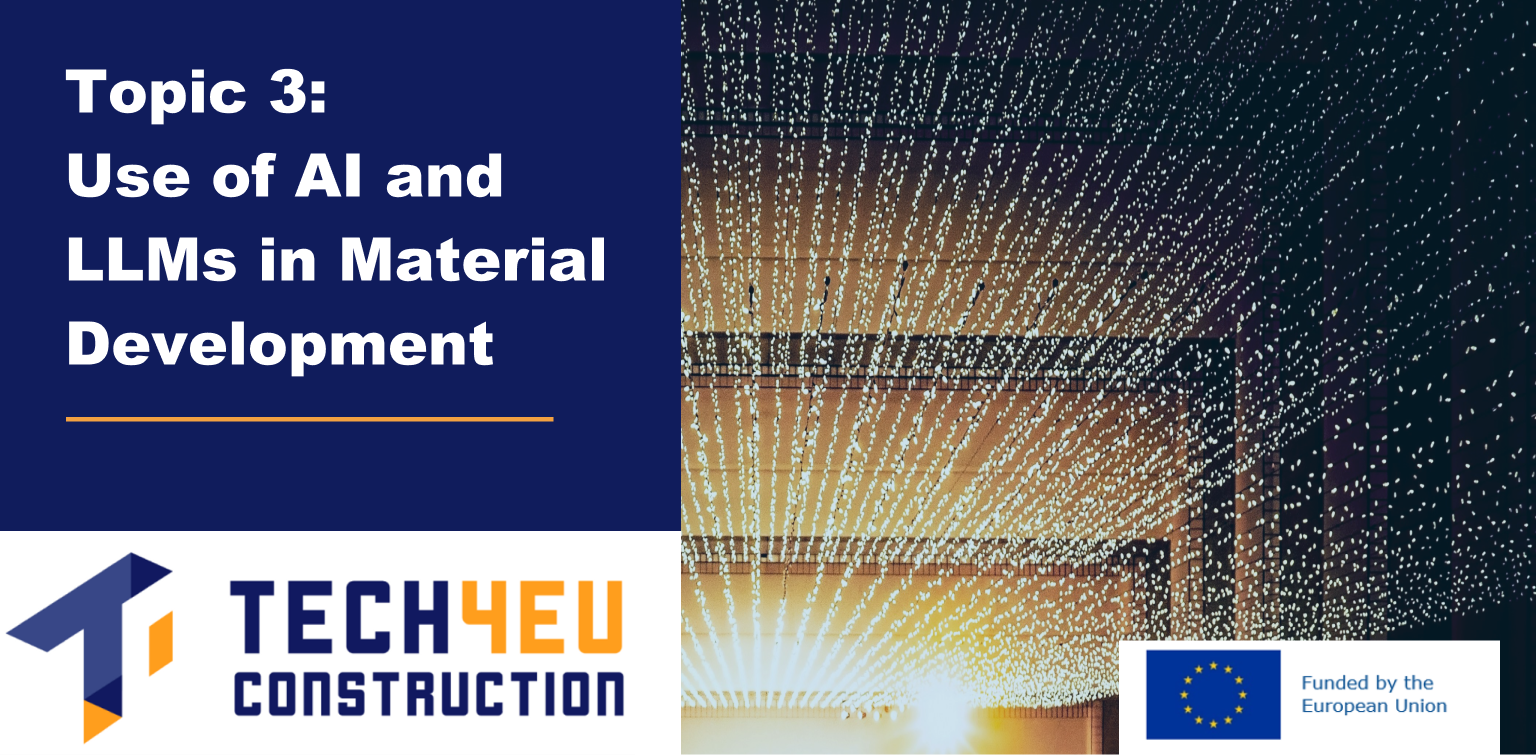
The science behind the Tech4EUConstruction cluster’s innovations - digital innovation technology
Eight European-funded projects have united in the Tech4EUConstruction cluster, and today are sharing 30 must-read publications that offer fresh insights for researchers and industry professionals
Compared to other sectors, the European construction industry faces significant challenges in sustainability, innovation adoption and labour shortages, with nearly half of the industry’s jobs in short supply. Transforming this sector into a smarter and greener industry will enhance competitiveness, resource efficiency, and attractiveness for young generations.
Eight European-funded projects, tackling these issues, have united in the Tech4EUConstruction cluster, and today are sharing 30 must-read publications that offer fresh insights for researchers and industry professionals.
The cluster is dedicated to creating a lasting impact by exchanging expertise and technical innovations. This article delves into the science behind next-generation technologies and innovations in areas such as building renovation, sustainability monitoring, digital innovation technologies, energy efficiency, renewable energy, and materials and design.
What will be the advancements in AI and robotics shaping the future of the construction industry? Find out below!
Released by the Reincarnate project, the publication introduces a novel approach for developing sustainable building materials through Sequential Learning.
The complexity of resource flows and the variability of material composition pose significant challenges. This study by Reincarnate demonstrates how Large Language Models (LLMs) can advance material design by adopting a Knowledge-Driven Design (KDD) approach that outperforms traditional Data-Driven Design (DDD) methods.
This research development produced by Reincarnate focuses on Artificial Intelligence (AI)-driven materials design, addressing the challenge of improving the sustainability of building materials amid complex formulations.
Large-language models (LLMs) such as GPT-4 caught the interest of many scientists. Recent studies suggested that these models could be useful in chemistry and materials science. To explore these possibilities, Reincarnate organised a hackathon. This article chronicles the projects built as part of this hackathon. Participants employed LLMs for various applications, including predicting properties of molecules and materials, designing novel interfaces for tools, extracting knowledge from unstructured data, and developing new educational applications.
Follow our hashtag #Tech4EUConstruction and share these research developments with your network!